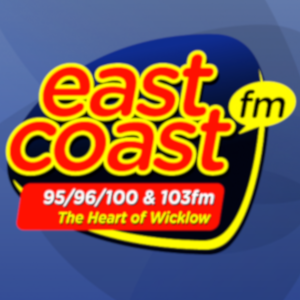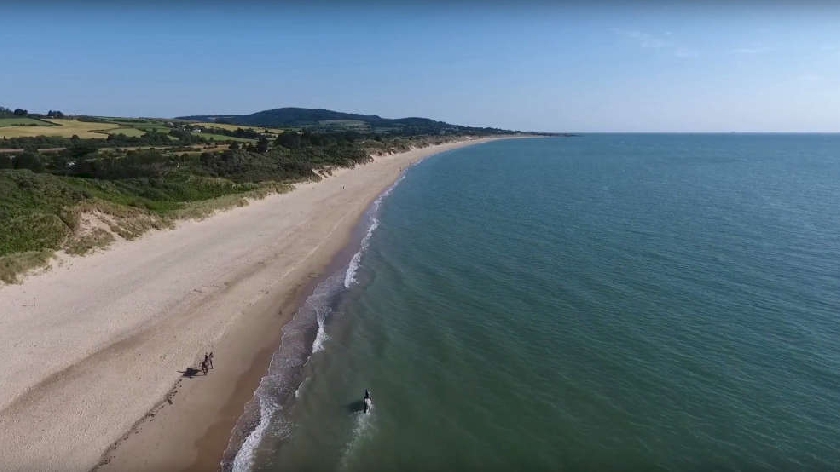
Bray and Brittas Bay were found to be 'clean' in a coastal litter survey
There's been a huge boost for Brittas Bay beach which has been deemed clean to European norms joining Bray seafront as Wicklow's cleanest beaches.
The annual survey of coasts and inland waterways by business group Irish Business Against Litter (IBAL) shows the majority of areas attaining ‘clean’ status, among them Bray seafront and Brittas Bay beach.
33 beaches, harbours, rivers and their immediate environs were monitored by An Taisce on behalf of IBAL in June and July.
17 were deemed ‘clean’, a 50% rise on the previous survey, while the number of areas branded ’littered’ fell from 11 to just 3. Again, no area was placed in the lowest category “heavily littered”.
The An Taisce report for Bray stated:
“All aspects of this extensive environment were in excellent condition, with some colourful murals and mosaics and an abundance of planter boxes by the recently paved band-stand area - this area looked exceptionally well. The playground / PE Equipment were in good condition. The beach at Bray was exceptionally good with regards to litter and a lovely feature is the stone signage ' 3 For the Sea' asking the public to pick up three pieces of plastic. Towards the end of the 'Prom' there was evidence of 'Tidy Town Activity' with some planter boxes by the seating area. It would seem that the regular street bins had been added to with large industrial size bins to accommodate heavy usage - a simple, but very effective solution, based on the lack of litter throughout this popular location - well done to all concerned.”
The An Taisce report for Brittas Bay stated:
“Brittas Bay beach is such a beautiful beach and has been very carefully maintained, with all aspects in very good condition e.g. litter bins at the pedestrian access points were freshly presented, the 'Poop & Scoop' facilities were in good condition and there was some excellent signage, with QR code, with regards to the Dunes - a recent addition appears to be the appointment of 'Beach Ambassadors' with a view to helping to educate the public the role of Dunes and Climate Change. Picnic tables and recycle facilities at South Beach Car Park were in good order. This car park and a large expanse of beach were excellent with regards to litter.”
Conor Horgan of IBAL said:
““This is by far the most favourable result we have seen in 8 years of coastal surveys. The trojan and ever-expanding work of clean coasts groups and other volunteers is instrumental in this, as is the investment by councils in facilities around our beaches. Legislative measures, such as the tethering of caps to plastic bottles and the Deposit Return Scheme, are contributing factors. It appears also that local authorities have upped their game in responding to busy periods at our beaches.”
Cigarette butts, sweet papers, fast food wrappers were the most commonly found litter items. The first coastal survey conducted since the introduction of the Deposit Return Scheme showed a 30% drop in the prevalence of plastic bottles and cans. Vapes were less prevalent than in previous studies, but there was no fall in coffee cup litter, which was found in 42% of the sites surveyed.
Conor Horgan further commented.
“The coffee cup levy seems to have died with the last Government, but these findings show that the case for it has not died,” “Coffee cups have become a permanent addition to the suite of litter items regularly found on our beaches. It’s not just their visual impact - many contain plastic, which threatens sea life and in turn our very survival. ‘Coffee cup-free’ coastal areas, along the lines of the Killarney model, would be very welcome.”
In 2022, Killarney became the first town in Ireland to phase out single-use coffee cups.
According to National Geographic, about eight million tons of plastic waste escape into the oceans from coastal nations annually - the equivalent of five full rubbish bags for every foot of coastline in the world. Over 2,000 species of wildlife, some endangered, are affected by plastics.
Next month’s Big Beach Clean Up is an annual call to action organised by An Taisce’s Clean Coasts, which is expected to attract over 600 groups and 15,000 volunteers nationwide to our beaches over a single weekend, from 19 – 21 September.


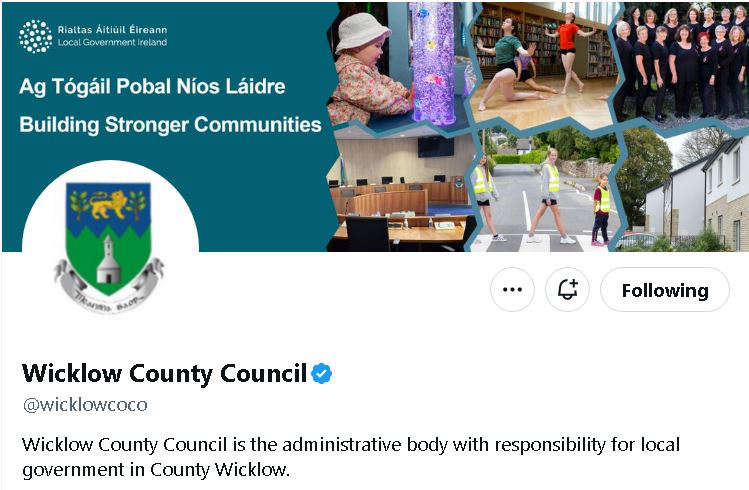 Calls For Wicklow County Council To Stop Using X Immediately
Calls For Wicklow County Council To Stop Using X Immediately
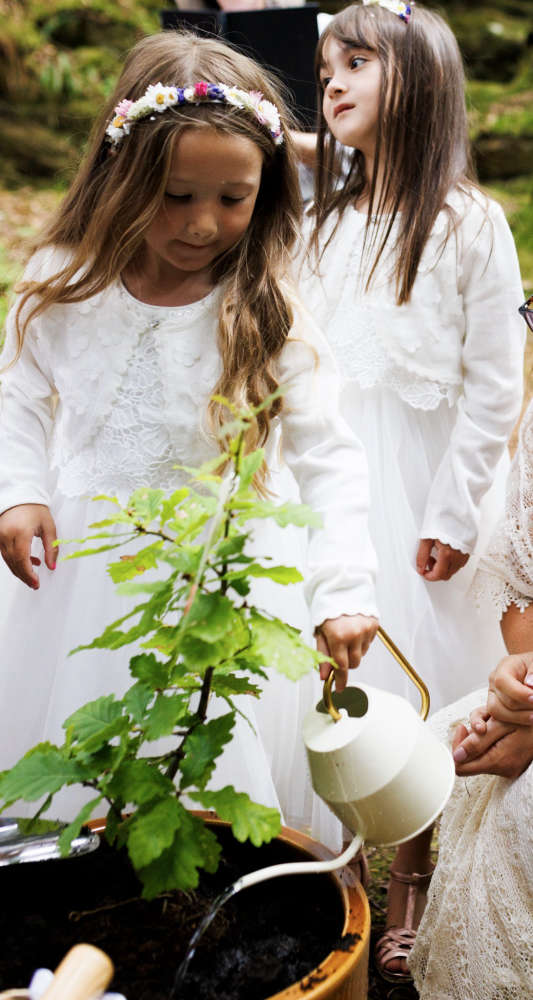 Coillte invites Wicklow primary schools to enter National Tree Week photography competition
Coillte invites Wicklow primary schools to enter National Tree Week photography competition
 Katie Taylor Champions Lidl Women’s Sport Campaign As She Address Croker 'Dream' Swansong
Katie Taylor Champions Lidl Women’s Sport Campaign As She Address Croker 'Dream' Swansong
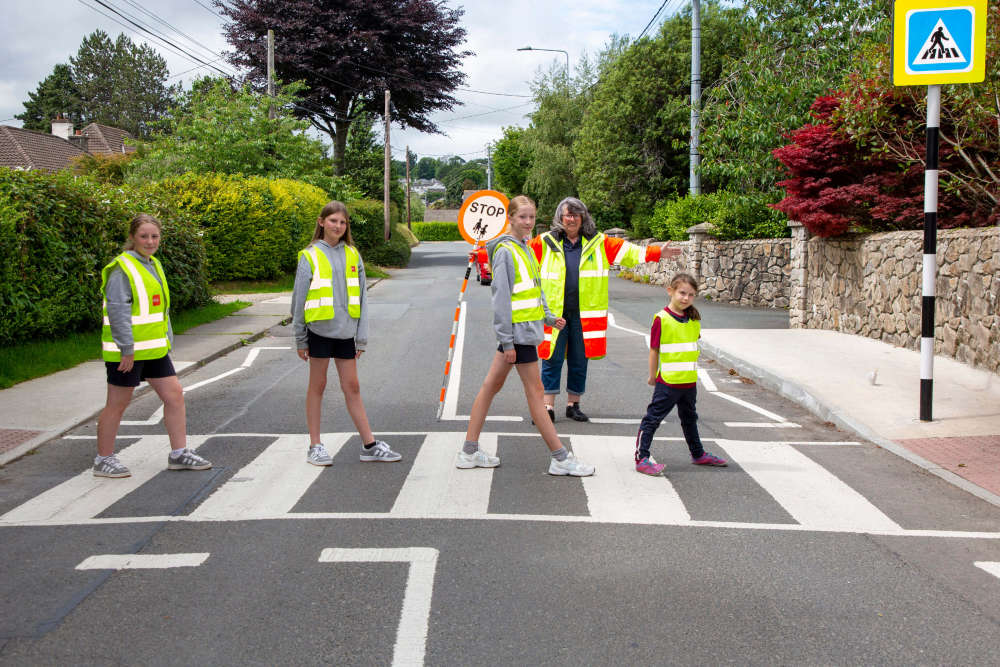 Council Secure Funding For Safer, Sustainable Travel in Wicklow
Council Secure Funding For Safer, Sustainable Travel in Wicklow
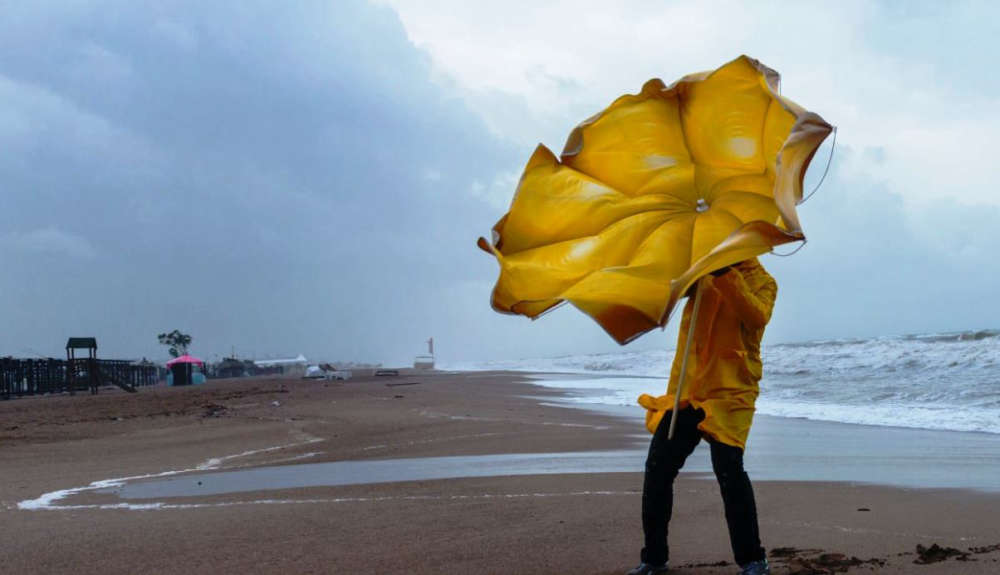 Strong Gusts Expected Across Wicklow With Abrupt Yellow Wind Warning Issued
Strong Gusts Expected Across Wicklow With Abrupt Yellow Wind Warning Issued
